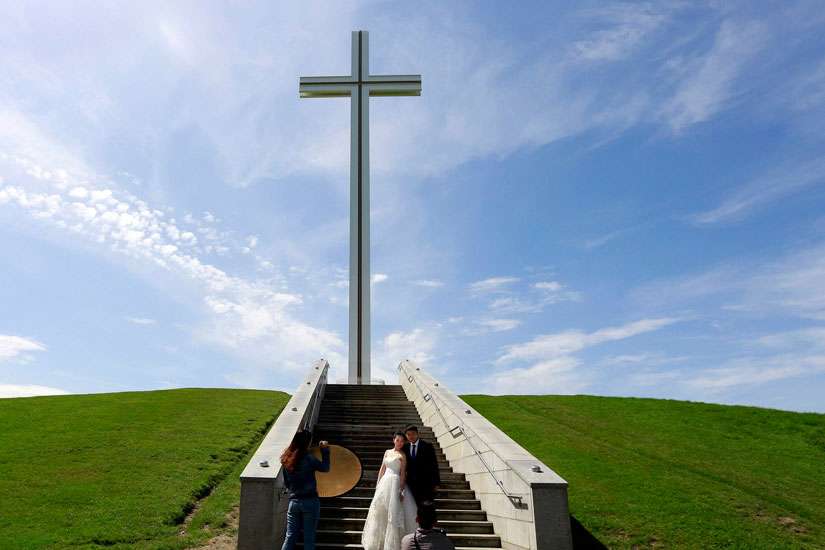But not so much any more.
On May 22, voters in this once deeply Roman Catholic country will decide whether the country’s constitution should be amended to allow for gay marriage. If the amendment passes, Ireland will become the first country to legalize same-sex civil marriage by popular vote.
Catholic faith has been faltering among the younger Irish for the last 40 years, undermined, in part, by a series of long-covered-up cases of sexual abuse involving priests and choirboys and altar boys.
In her book Goodbye to Catholic Ireland, Mary Kenny wrote: “The scandals left the people with the feeling that the clerical way of life was in itself an error, and that Catholicism as a system has been seen to fail to practice the virtues it so ardently preached.”
Many Catholics wonder what right the Catholic Church has to oppose gay marriage when those charged with proclaiming and upholding Christian morality were abusing children.
Opinion polls suggest that 78 per cent of voting-age Irish favour altering the constitution to allow gay couples to marry.
Among them, a few Catholic priests have dared voice support for the amendment, saying they would vote “yes.”
The amendment reads: “Marriage may be contracted in accordance with law by two persons without distinction as to their sex.”
Were it to pass, it would be a heavyweight punch to the body of the Church that for centuries governed every aspect of life.
Homosexuality was decriminalized in Ireland in 1993. In 2010, the Civil Partnership Act was introduced. In 2013 the Irish Cabinet agreed to a same-sex marriage referendum.
And in an indication of how the country was leaning, on May 18, a Belfast judge ruled that a Christian-run bakery discriminated against a gay customer by refusing to make a cake with a pro-gay marriage slogan.
Equality Minister Pat Carey said that in the urban centres, the gay marriage referendum is getting a good reception. But he added: “A lot of people in middle Ireland and among an older age group still don’t feel comfortable about it.”
Indeed, no ballot initiative can pass in Ireland without significant Catholic votes, and those votes could spell defeat.
Carey came out as a gay man earlier this year, at 67.
“I am sorry I didn’t speak out earlier,” he told the BBC, “but I didn’t have the confidence or the courage.”
Carey now hopes he may soon be able to marry his partner.

